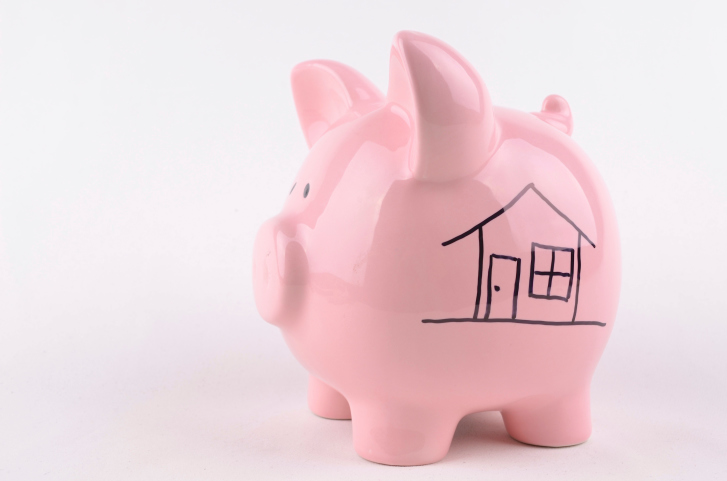Trying to Save on Your Closing Costs? Here Are Three Tips That Can Help Lower Them
 Whether you’re about to close on a lovely new house for your growing family or a stylish beachfront condo so you can retire close to the ocean, one thing is certain: you’re going to face a variety of closing costs. Insurance, taxes, financing fees, title fees, attorney fees and other costs will need to be paid, and if you’re a savvy buyer you’ll do everything you can to save on them.
Whether you’re about to close on a lovely new house for your growing family or a stylish beachfront condo so you can retire close to the ocean, one thing is certain: you’re going to face a variety of closing costs. Insurance, taxes, financing fees, title fees, attorney fees and other costs will need to be paid, and if you’re a savvy buyer you’ll do everything you can to save on them.
In today’s post we’ll share three quick tips that can help you reduce your closing costs when you buy your next home.
Tip #1: Include Closing Costs in Your Negotiations with the Seller
As closing costs are a part of the real estate transaction they’re an excellent item to include in your negotiations with the seller.
For example, if you consider that closing costs might be 3 or 4 percent of the home’s value you can try to bring the seller’s asking price down to get those costs included. Or, you may be able to entice the seller with the prospect of a quick sale if they are willing to pay your closing costs in order to get you to sign on the dotted line.
Tip #2: Compare All of Your Mortgage Options
If you’re using mortgage financing to cover some of the up-front purchase cost of your home you’ll have other closing costs to pay including lender fees, mortgage insurance and more. Be sure to compare all of your options with your trusted mortgage advisor to ensure that you’re getting the best possible deal and paying the least amount in fees and interest.
You may also be able to save a bit on your closing costs by choosing a “no points” mortgage. In this type of mortgage you’ll end up saving on closing costs but you’ll be left paying a higher interest rate. Spend a bit of time doing the math to determine the best course of action.
Tip #3: Ask About Every Fee You’re Required to Pay
Finally don’t forget that you’re the customer and that you have the right to know about each one of your closing costs and why you’re expected to pay them. Being informed about all of the various items in your transaction will help ensure that you’re not paying something you could have avoided.
There you have it – three excellent tips for reducing your closing costs when you purchase your next home. For more information and advice about mortgage closing costs and how to best manage them, be sure to get in touch with your local mortgage professional.

 Whether you’re just starting to shop for a new home or you’ve already found the perfect new house and you’re ready to submit an offer, if you’re taking out a mortgage loan to cover some of the home’s purchase price you should be aware of the various closing costs you may encounter.
Whether you’re just starting to shop for a new home or you’ve already found the perfect new house and you’re ready to submit an offer, if you’re taking out a mortgage loan to cover some of the home’s purchase price you should be aware of the various closing costs you may encounter. If you’re in the process of buying a new home, you’ve likely heard the term “closing costs” in regards to the many different fees and taxes that you’ll be required to pay during the purchase process.
If you’re in the process of buying a new home, you’ve likely heard the term “closing costs” in regards to the many different fees and taxes that you’ll be required to pay during the purchase process.